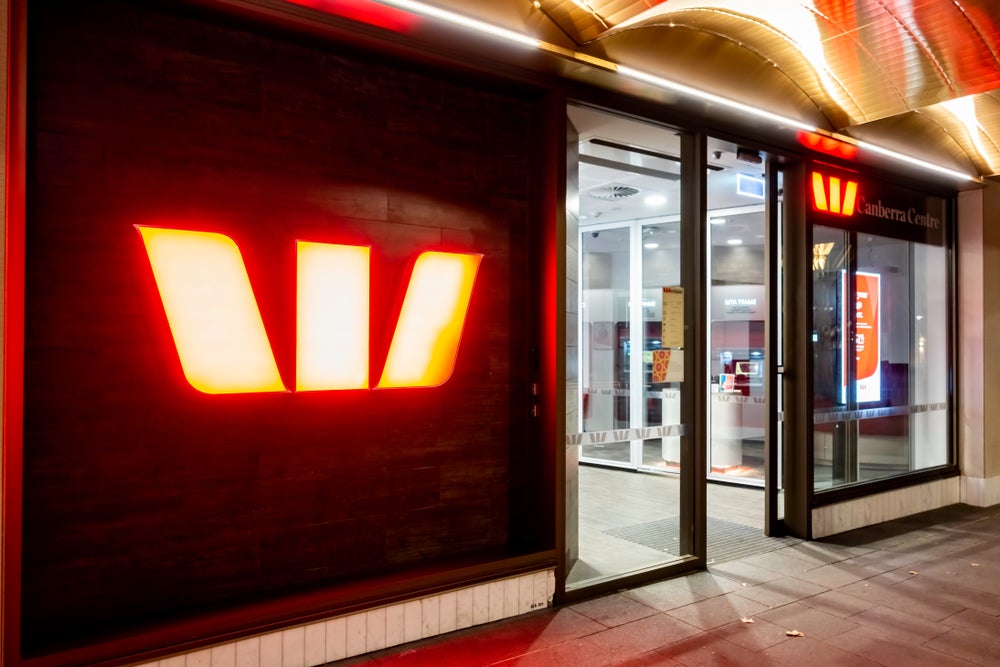Stanley has confirmed long-expected plans to spin off its Discover
card unit in an initial public offering (IPO). In a filing with the
US Securities and Exchange Commission (SEC) on 23 March, Morgan
Stanley stated that it would distribute shares in Discover, the
fourth-largest debit and credit card network in the US, to Morgan
Stanley shareholders.
Morgan Stanley first announced its intentions to spin off
Discover in December 2006, although the SEC filing did not detail
how many shares would be offered or how much would be raised from
the IPO. It is expected that the spin-off will take place in the
third quarter of 2007. Discover, which has 50 million cardholders
in the US, earned $1.5 billion in 2006 on record revenue of $4.3
billion, and receivables amounted to $45.7 billion. Discover’s
spin-off follows the announcement of Visa’s plans to go public in
2007, after MasterCard became a publicly traded company in 2006.
Discover is expected to be listed on the New York Stock Exchange
under the symbol DFS.
The future of Discover has been the subject of much speculation,
following increasing shareholder pressure on Morgan Stanley to
dispense with the unit in order to focus on its core investment
banking, brokerage and trading operations.
Strong and stable
In announcing its fourth-quarter results in December, Morgan
Stanley said that, following a strategic review, it had made the
decision to separate Discover from Morgan Stanley, concluding both
entities could best execute their respective growth strategies as
stand-alone companies with independent boards of directors. Morgan
Stanley said Discover was well positioned to be a strong, stable
stand-alone company, and it had improved its business fundamentals
in the last year.
In early 2007, Discover announced a new version of its cards,
called Motiva, which it claims is the first credit card to give
consumers cash rewards for good credit management. During 2006, the
company also launched Discover Debit, a new signature debit card
programme.
How well do you really know your competitors?
Access the most comprehensive Company Profiles on the market, powered by GlobalData. Save hours of research. Gain competitive edge.

Thank you!
Your download email will arrive shortly
Not ready to buy yet? Download a free sample
We are confident about the unique quality of our Company Profiles. However, we want you to make the most beneficial decision for your business, so we offer a free sample that you can download by submitting the below form
By GlobalDataDiscover’s latest financial results were posted on 21 March, just
before the spin-off announcement. First-quarter pre-tax income was
$372 million on a managed basis, a decline of 22 percent compared
with $479 million in the year-ago period. Net revenues of $1.02
billion were 6 percent lower than a year ago.
However, transaction volume increased 13 percent from a year ago to
a record $30.3 billion, primarily driven by higher sales volume
resulting from increased cardmember usage and the acquisition of
the Goldfish credit card business in the UK. Managed credit card
loans of $50.7 billion were up 6 percent from a year ago and up 1
percent from the end of last year. Managed merchant, cardmember and
other fees were $552 million, up 6 percent from a year ago.
The increase was primarily due to higher merchant discount revenues
driven by higher sales activity and higher cardmember related fee
revenue, partly offset by higher cardmember rewards.
The provision for consumer loan losses on a managed basis was $482
million, down 5 percent from last year, reflecting strong credit
quality in the US portfolio – however, this was partially offset by
increased credit losses in the UK.








